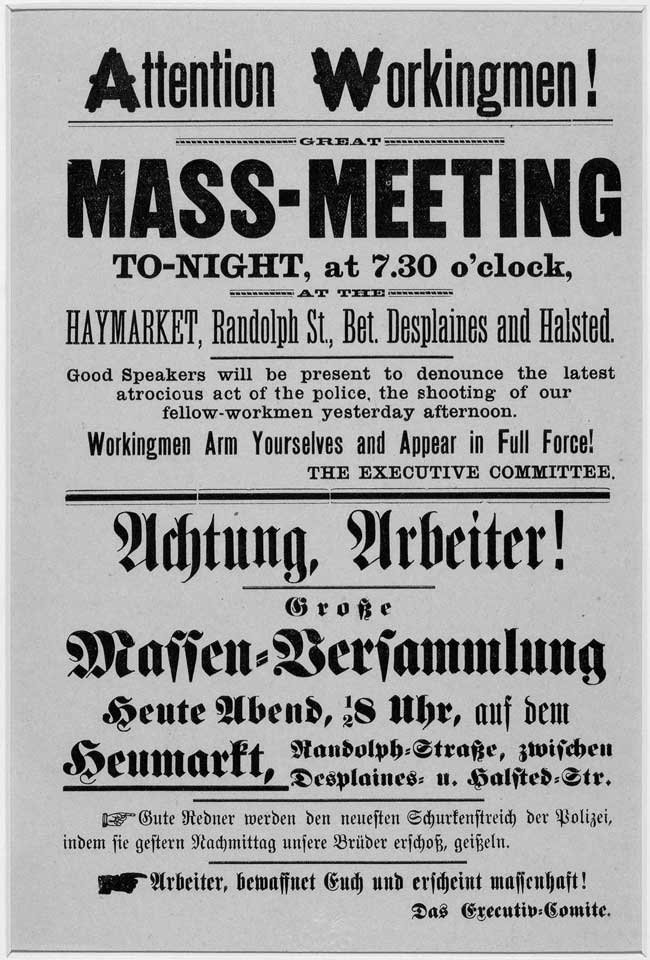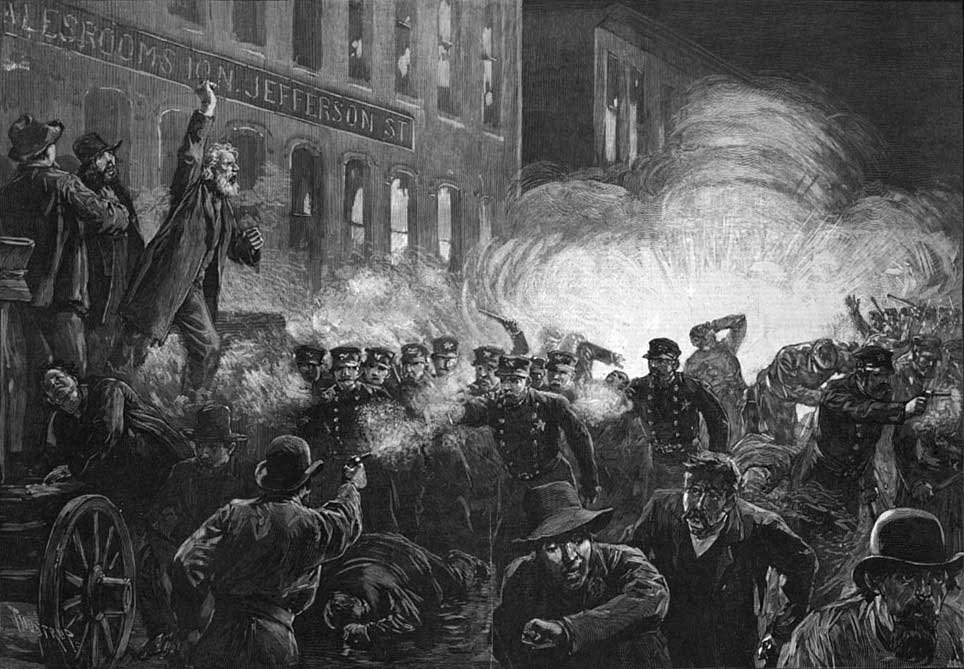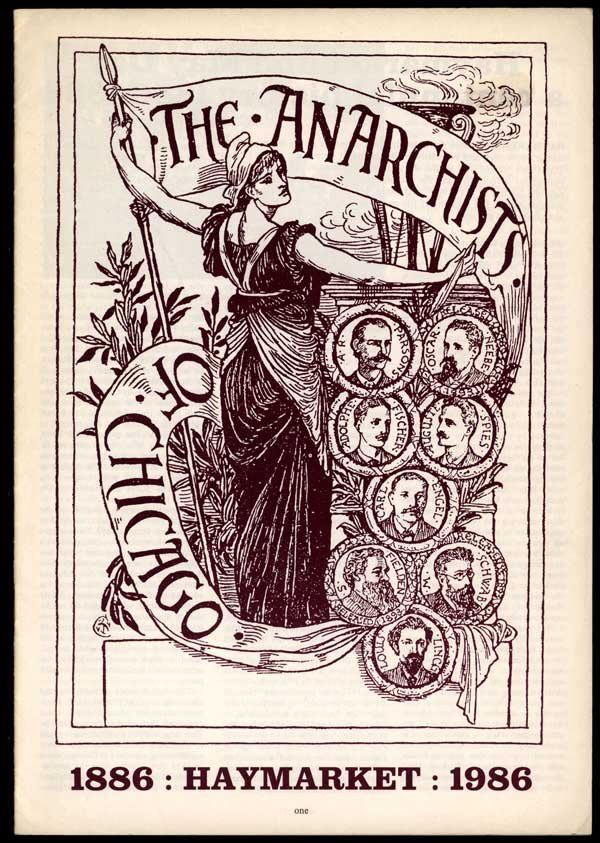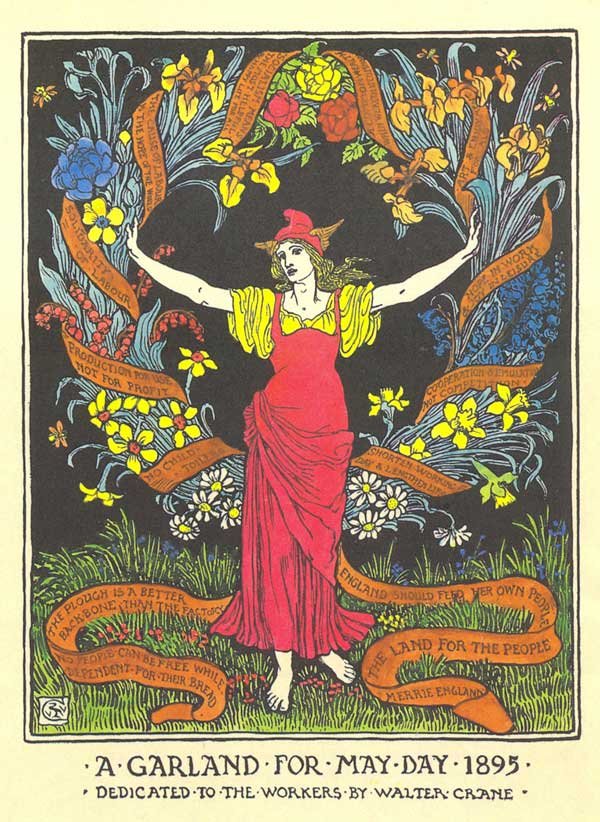International Workers’ Day: A Global Reminder of Workers’ Struggle for Rights and Dignity
International Workers’ Day, commonly referred to as May Day, is a day dedicated to celebrating and honouring the contributions of workers who have fought and made sacrifices for improved working conditions, equitable wages, and social justice. Originating in the United States during the late 19th century, this holiday has transcended borders and now holds cultural and political significance in numerous countries worldwide.
On the 1st of May, workers and activists come together to commemorate the struggles of the past and recommit themselves to the ongoing battle for workers’ rights. As we observe another International Workers’ Day, it is essential to reflect on its historical importance, its impact on culture and politics, and its continued relevance in our modern global context.
From Haymarket to May Day: A Brief History of Workers’ Rights

The origins of International Workers’ Day can be traced back to the Haymarket affair of 1886, a pivotal moment in the history of the labour movement.
In October 1884, a convention held by the Federation of Organised Trades and Labor Unions unanimously set May 1, 1886, as the date by which the eight-hour workday would become standard. As the chosen date approached, U.S. labour unions prepared for a general strike in support of the eight-hour day.
On May 1st of that year, workers in Chicago’s Haymarket Square gathered to demand an eight-hour workday, thousands of striking workers attended rallies that were held throughout the United States and sang from the anthem, Eight Hour. The chorus of the song reflected the ideology of the Great Upheaval, “Eight Hours for Work. Eight hours for rest. Eight hours for what we will.“
Estimates of the number of striking workers across the U.S. range from 300,000 to half a million. In Chicago, the movement’s centre, an estimated 30,000 to 40,000 workers had gone on strike and there were perhaps twice as many people out on the streets participating in various demonstrations and marches,
The peaceful protest turned violent when police intervened, leading to the deaths of several workers and police officers. An unknown person threw a dynamite bomb at the police as they acted to disperse the meeting, and the bomb blast and ensuing gunfire resulted in the deaths of seven police officers and at least four civilians; dozens of others were wounded.

In the internationally publicised legal proceedings that followed, eight anarchists were convicted of conspiracy. The evidence was that one of the defendants may have built the bomb, but none of those on trial had thrown it, and only two of the eight were at the Haymarket at the time.
Seven were sentenced to death and one to a term of 15 years in prison. Illinois Governor Richard J. Oglesby commuted two of the sentences to terms of life in prison; another committed suicide in jail before his scheduled execution. The other four were hanged on November 11, 1887. In 1893, Illinois Governor John Peter Altgeld pardoned the remaining defendants and criticized the trial.

The event became a symbol of the struggle for workers’ rights and led to the establishment of International Workers’ Day as a way to commemorate the sacrifices of those who fought for a better life for working people.
It was in 1889, that the Second International, a federation of socialist and labour parties, declared May 1st as International Workers’ Day to commemorate the Haymarket affair in Chicago and the ongoing struggle for workers’ rights.

Since then, May Day has become an important cultural and political event in many countries around the world. In some countries, it is a national holiday and is celebrated with parades, rallies, and demonstrations. In others, it is an opportunity for workers to take to the streets and demand better working conditions, fair wages, and social justice.
Today, International Workers’ Day is celebrated in many countries around the world, from Brazil to Bangladesh, from Russia to South Africa. In some countries, such as Cuba and China, it is an official holiday, while in others, including the United States, it is not. Regardless of its official status, May Day is an important day for workers everywhere, serving as a reminder of the ongoing struggle for workers’ rights and social justice.
The cultural and political implications of May Day are varied and complex, depending on the context in which it is celebrated. In some countries, particularly those with a socialist or communist history, May Day is a day of political rallies, parades, and demonstrations, often featuring banners and slogans advocating for workers’ rights and socialism.
May Day is a more subdued affair in other countries, marked by family picnics and other social events. However, even in these countries, the holiday remains a reminder of the importance of workers’ contributions to society and the need to protect their rights and dignity.
Ongoing Fight for Workers’ Rights and Social Justice.
In recent years, May Day has taken on new political significance as a rallying point for social justice movements around the world. The holiday has been used to draw attention to issues such as income inequality, labour rights, and the struggle for democracy. As the global economy continues to shift and workers face new challenges, May Day has become a platform for addressing issues such as precarious work, gig economy, and the impact of automation on employment. The message of May Day is clear: workers of the world unite, for a better future for all.
May Day is a global reminder of workers’ struggle for rights and dignity. Its historical significance, cultural and political implications, and current relevance make it an important day for workers everywhere. As we celebrate this year’s May Day, let us remember the sacrifices of those who fought for workers’ rights in the past, and let us renew our commitment to the ongoing struggle for a more just and equitable world for all.
Support Independent Journalism Today
Our unwavering dedication is to provide you with unbiased news, diverse perspectives, and insightful opinions. We're on a mission to ensure that those in positions of power are held accountable for their actions, but we can't do it alone. Labour Heartlands is primarily funded by me, Paul Knaggs, and by the generous contributions of readers like you. Your donations keep us going and help us uphold the principles of independent journalism. Join us in our quest for truth, transparency, and accountability – donate today and be a part of our mission!
Like everyone else, we're facing challenges, and we need your help to stay online and continue providing crucial journalism. Every contribution, no matter how small, goes a long way in helping us thrive. By becoming one of our donors, you become a vital part of our mission to uncover the truth and uphold the values of democracy.
While we maintain our independence from political affiliations, we stand united against corruption, injustice, and the erosion of free speech, truth, and democracy. We believe in the power of accurate information in a democracy, and we consider facts non-negotiable.
Your support, no matter the amount, can make a significant impact. Together, we can make a difference and continue our journey toward a more informed and just society.
Thank you for supporting Labour Heartlands









